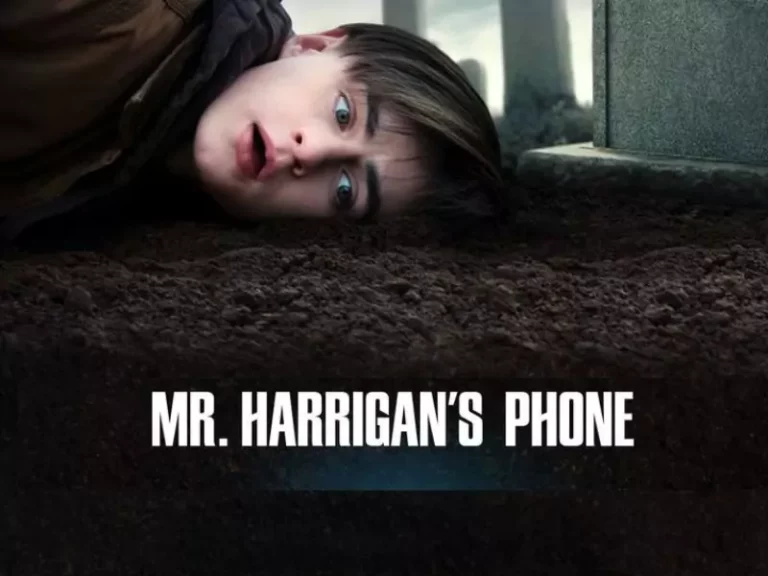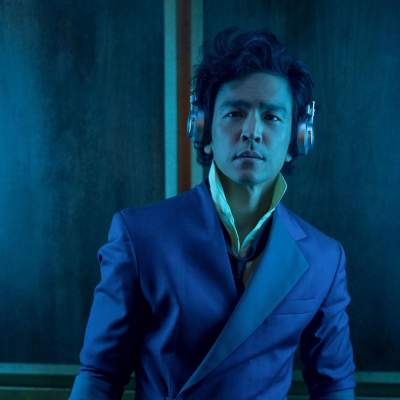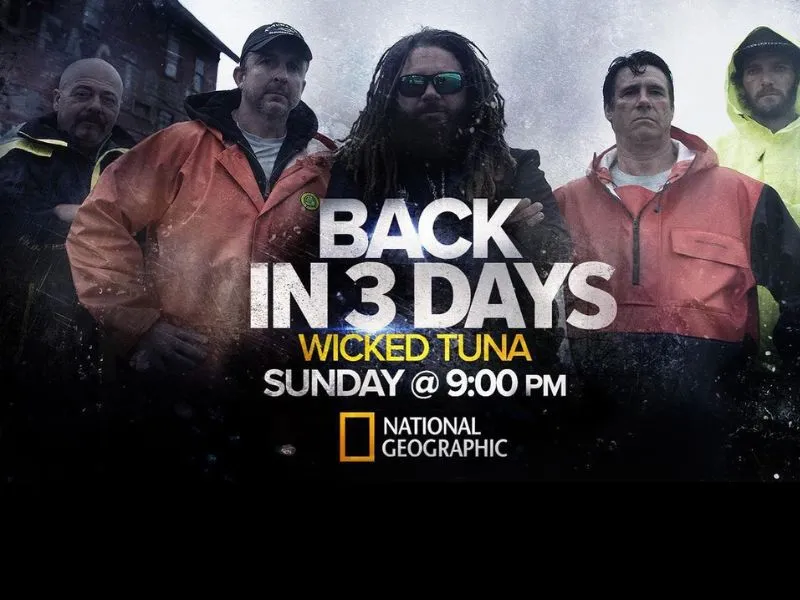
Since its debut on the National Geographic Channel in 2012, the television series Wicked Tuna has garnered considerable attention for its portrayal of the challenges faced by commercial fishermen in Gloucester, Massachusetts. With eleven seasons and a spin-off titled Wicked Tuna: Outer Banks, the show has captivated audiences with its depiction of the perilous pursuit of bluefin tuna.
However, as with many reality shows, questions have arisen about the authenticity and scripting of the dramatic moments showcased on screen. This article aims to explore the extent to which the conflicts and drama in Wicked Tuna are genuine.
By examining the show’s editing techniques, the profitability of bluefin tuna fishing, and comparing it to other reality shows, we can gain a clearer understanding of the balance between reality and entertainment in Wicked Tuna.
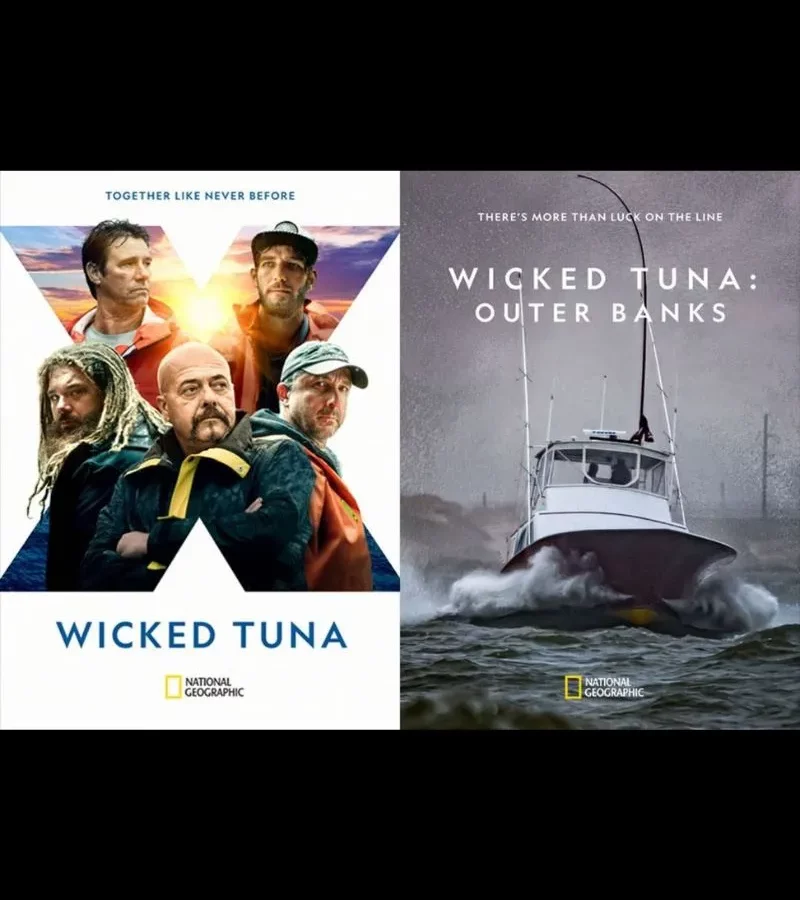
Realism of the Show
Examining the realism of the show, Wicked Tuna accurately depicts the challenges faced by commercial fishermen while utilizing crafty camerawork and editing techniques to enhance the drama.
The show portrays the hardships of working as a commercial fisherman, showcasing the physical demands, long hours, and unpredictable nature of the job. However, it is important to note that the show often creates a sense of constant success and excitement in catching fish, which may not reflect the reality of the fishing industry.
In reality, there is a significant amount of waiting and uncertainty involved in fishing for bluefin tuna. Additionally, the profitability of bluefin tuna fishing is exaggerated on the show, as the costs of boat maintenance, fuel, and fishing tackle make it less profitable than portrayed.
Despite these embellishments, Wicked Tuna provides valuable insight into the challenges faced by commercial fishermen.
Conflict and Drama
While Wicked Tuna accurately portrays the challenges faced by commercial fishermen, the subtopic of ‘Conflict and Drama’ delves into the intense competitiveness and resulting conflicts among boat crews, which are subject to sensationalist editing techniques.
The nature of the job, which involves fishing for valuable bluefin tuna in the treacherous waters off the coast of New England, creates a highly competitive environment among the boat crews. The show highlights this competitiveness and the conflicts that arise from it, but it is important to note that these conflicts are subject to sensationalist editing.
Crafty camerawork and fast editing techniques are used to heighten the drama and make the show more entertaining for viewers. Despite the editing techniques, the conflicts portrayed on the show provide an insight into the intense and competitive world of commercial fishing.
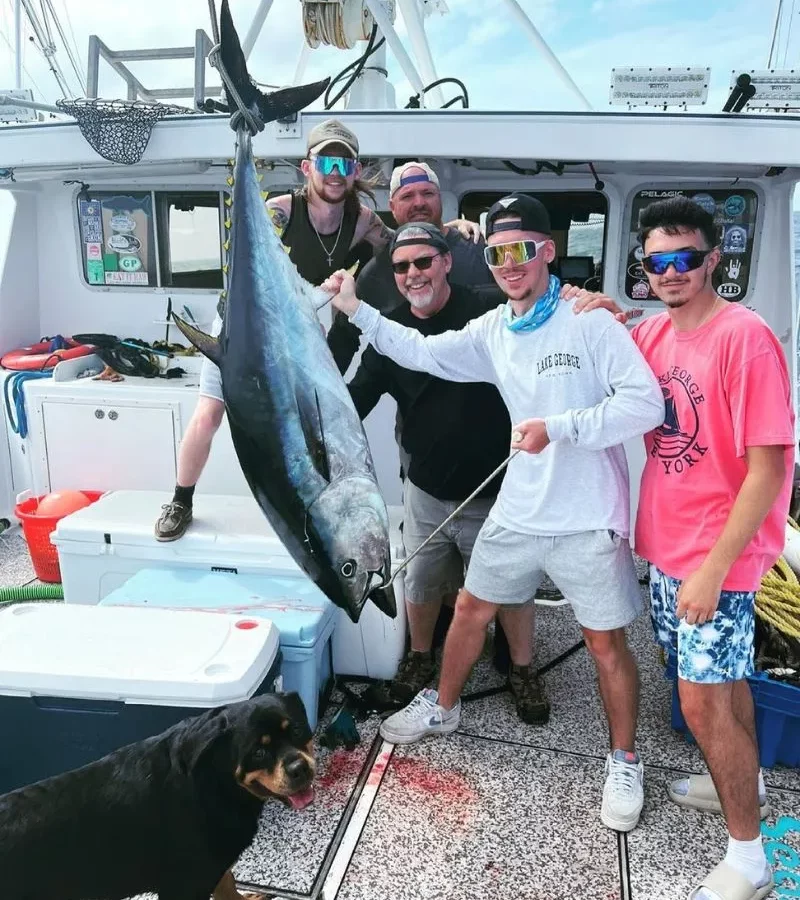
Comparison to Other Reality Shows
Wicked Tuna falls into the sub-genre of reality shows about risky professions, joining the ranks of Deadliest Catch, Ice Road Truckers, American Loggers, and Ax Men. These shows share a common theme of portraying the challenges and dangers faced by individuals in their respective professions.
While Deadliest Catch focuses on crab fishermen in Alaska’s Bering Sea, Wicked Tuna revolves around bluefin tuna fishing in Massachusetts. The popularity of these shows suggests a keen interest in the demanding and perilous world of these professions.
Wicked Tuna, like its counterparts, aims to provide viewers with a glimpse into the realities faced by those working in these industries. However, it is important to remember that reality shows often employ editing techniques and sensationalism to enhance the drama and entertainment value for the audience.
Check out other entertainment article
Overall Accuracy of Wicked Tuna
The portrayal of the fishing industry in Wicked Tuna is generally accurate, although the show employs editing techniques and dramatic storytelling to enhance the viewer’s experience. The series effectively captures the grueling nature of being a commercial fisherman, showcasing the hardships and challenges involved in fishing for bluefin tuna off the coast of New England.
However, like any reality show, Wicked Tuna takes artistic liberties in editing the action together. Crafty camerawork, fast editing, and sensationalist editing techniques are used to create drama and add to the entertainment value of the show. While these techniques may exaggerate the conflicts and drama portrayed, the series still provides valuable insight into the reality of the fishing industry and the dedication required to succeed in this challenging profession.
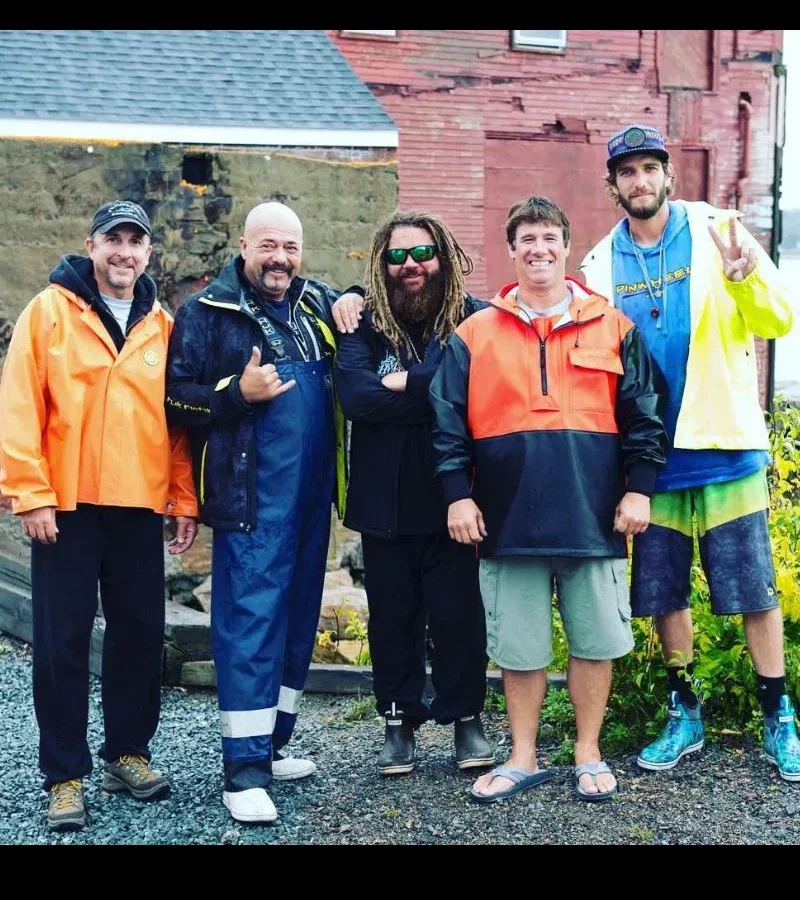
Behind the Scenes Insights
To gain a deeper understanding of the production process behind Wicked Tuna, it is important to delve into the behind the scenes insights of the show.
The production team works closely with the boat crews to capture the realities of bluefin tuna fishing in Gloucester, Massachusetts. The crew uses crafty camerawork and editing techniques to make the show more compelling, but they strive to maintain the authenticity of the fishing experience.
However, like any reality show, there are elements of scripting and editing to create drama and conflict. The conflicts among the boat crews are real, but they may be subject to sensationalist editing.
Frequently Asked Questions
How Do the Conflicts Among Boat Crews on Wicked Tuna Compare to Conflicts on Other Reality Shows About Risky Professions?
Conflicts among boat crews on Wicked Tuna, a reality show about commercial fishing, are similar to conflicts on other reality shows about risky professions. They contribute to the drama portrayed on the series and make it more entertaining for viewers.
What Are Some Examples of the Crafty Camerawork and Editing Techniques Used on Wicked Tuna to Create Drama?
Crafty camerawork and fast editing techniques are employed on Wicked Tuna to create drama. Examples include strategically placed cameras capturing intense moments, dramatic music, and quick cuts that heighten the tension and make the show more compelling for viewers.
Are the Conflicts Portrayed on Wicked Tuna Based on Real Disagreements Among the Boat Crews, or Are They Orchestrated for the Sake of Entertainment?
The conflicts portrayed on Wicked Tuna appear to be based on real disagreements among the boat crews. While there may be some elements of orchestration for entertainment purposes, the competitive and stressful nature of the job likely contributes to the conflicts.
How Accurate Is the Portrayal of the Profitability of Bluefin Tuna Fishing on Wicked Tuna Compared to the Actual Costs and Earnings of the Industry?
The portrayal of the profitability of bluefin tuna fishing on Wicked Tuna is not entirely accurate. The show exaggerates the profits by not accounting for the costs of boat maintenance, fuel, and fishing tackle, making it less profitable than portrayed.
What Are Some Behind the Scenes Insights Into the Production of Wicked Tuna, Such as the Filming Process or the Involvement of the Boat Crews?
The production of Wicked Tuna involves capturing the grueling reality of being a commercial fisherman. Crafty camerawork and editing techniques enhance the drama, while conflicts among boat crews are subject to sensationalist editing, making the show more captivating for viewers.
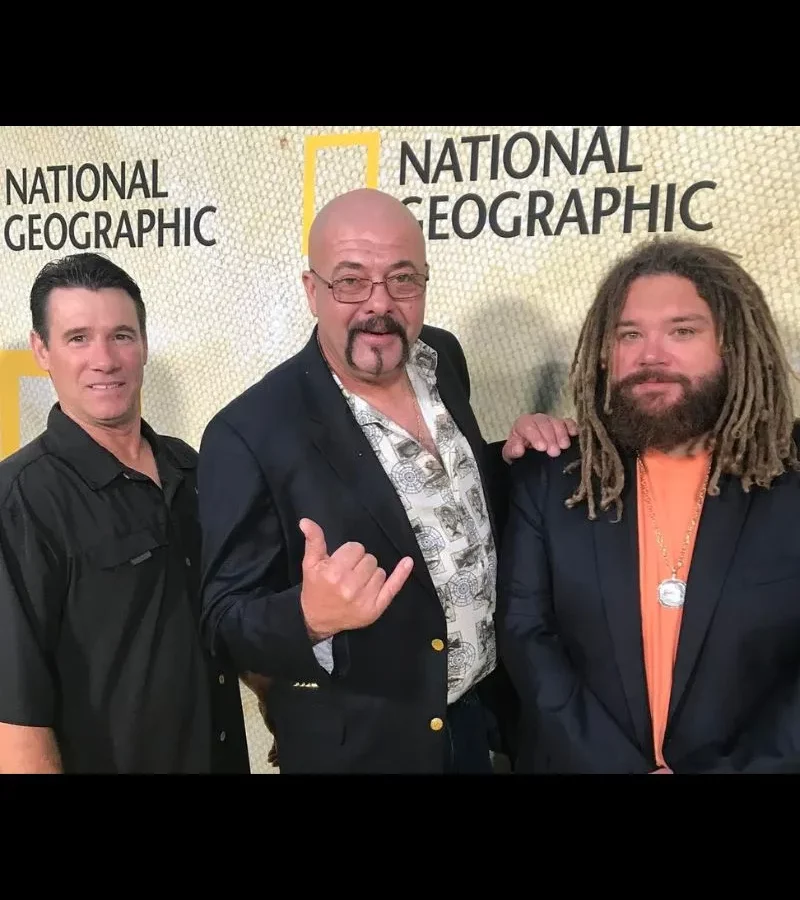
Conclusion
In conclusion, while questions have been raised about the authenticity and scripting of the drama in Wicked Tuna, it is clear that the show strikes a balance between reality and entertainment.
The editing techniques employed, the profitability of bluefin tuna fishing, and comparisons to other reality shows all contribute to a better understanding of the extent to which the conflicts and drama depicted on screen are genuine.
Despite some potential scripting, Wicked Tuna remains an engaging and popular series for audiences.



